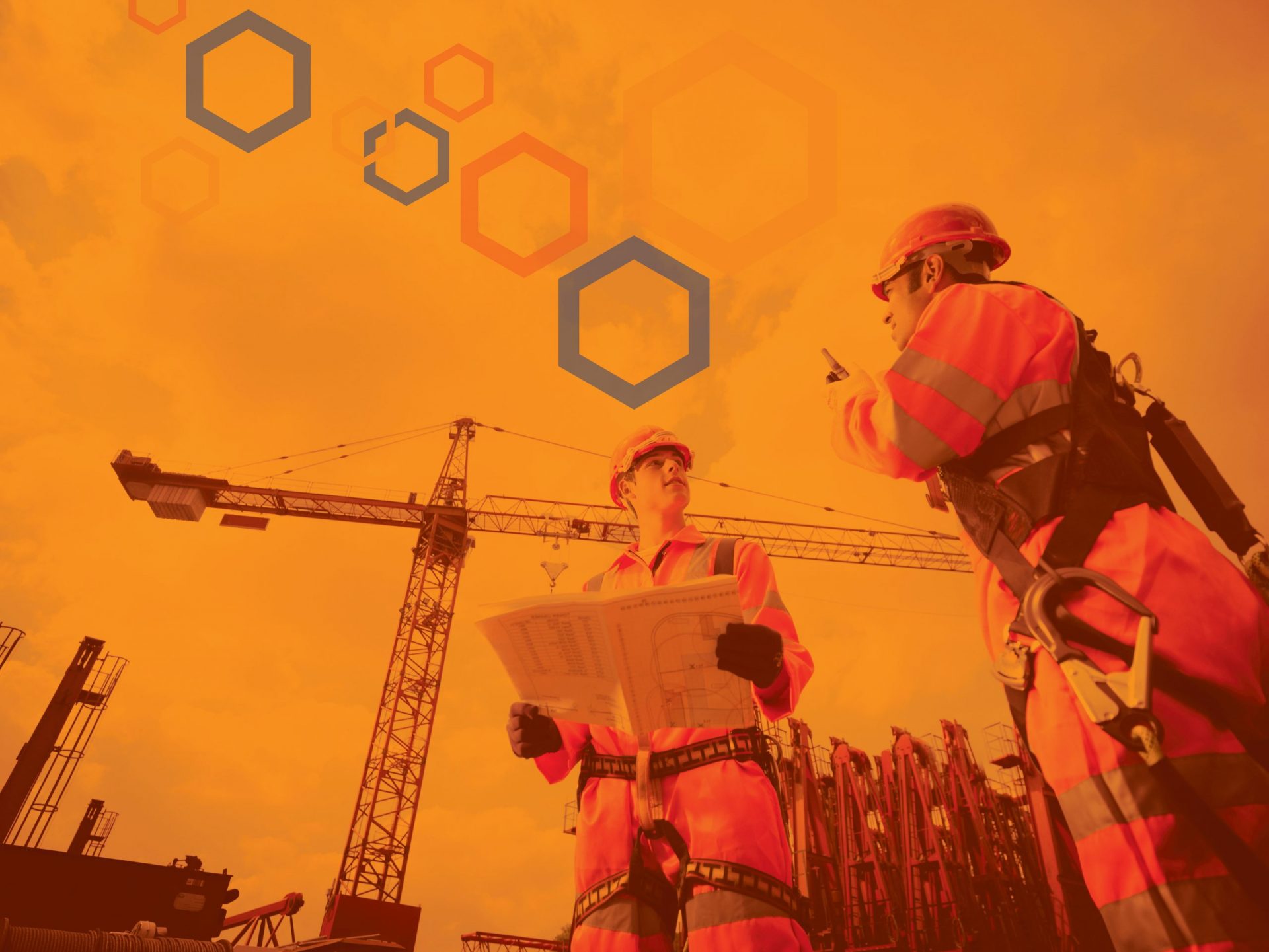
Blockchain technology offers digital timestamps to protect revisions of data chunks in a safe, decentralized platform. For construction, this means having all stakeholders running off the same current information with traceability for all revisions made. Blockchain ensures truth in the database due to the decentralized nature of how it’s stored, coupled with the interlocking mechanism between the “blocks.” In addition, it streamlines critical information between stakeholders, with changes being equally visible among all parties. Learn more about why blockchain in construction is such a hot topic from our panel of experts on Wednesday, May 5th at 10 am CT.
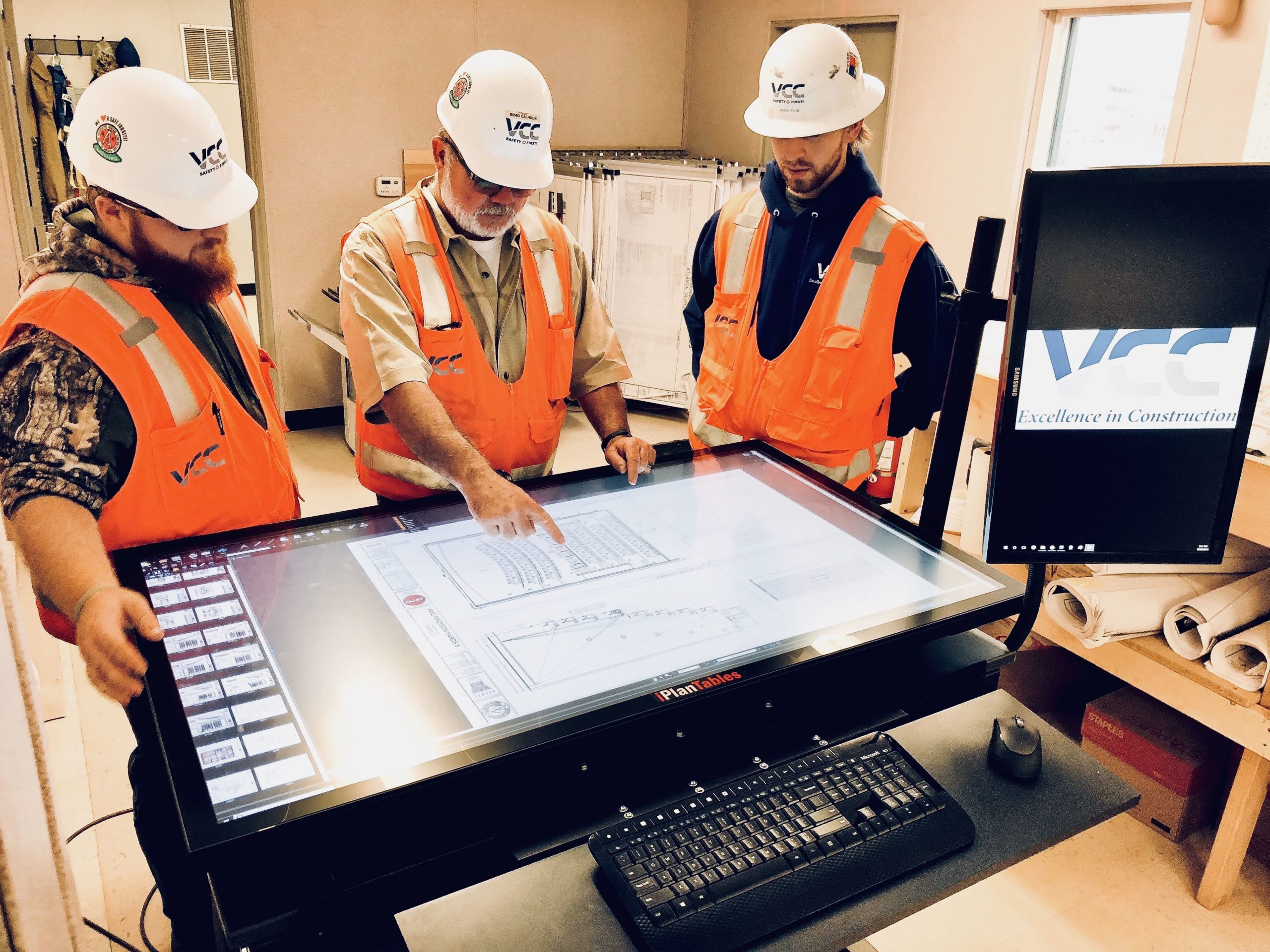
What Is Blockchain Technology?
With the advent of Bitcoin in 2009, blockchain technology has been getting a lot of interest from many industries, from banking to medicine. How blockchain databases store the technology makes it incredibly secure and safe. Essentially, blockchain is like a notary for information amassed digitally. Like a notary seal, blockchain databases have digital timestamps – changes to a database are “signed” by a user. Similar to a notary public logbook, all revisions can be traced to a specific person and are available for public viewing within the network.
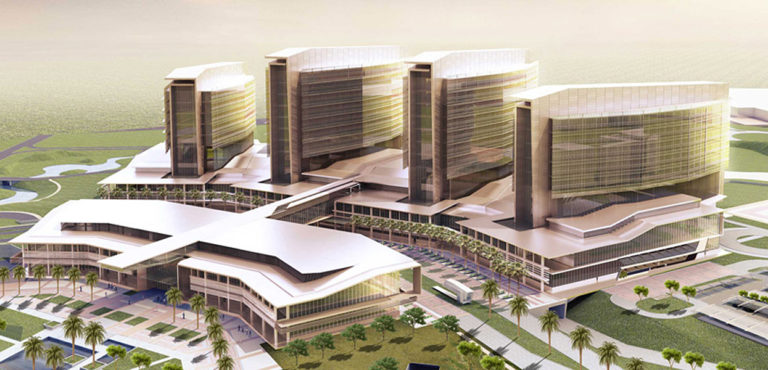
To ensure the integrity of the information (what is stored, who made recent changes, when recent updates were made, etc.), blockchain technology stores all the information in a peer-to-peer network (P2P). This storage mechanism means no single owner has solitary access to the data. Because the data is decentralized, there is no single target to backdate or hack the data. Furthermore, the “blocks” within the blockchain interlock sequentially, making it impossible to forge the data.
Why Blockchain, Why Now?
Construction is an incredibly collaborative industry; a typical jobsite contains over fifty interdependent companies. Each stakeholder has different priorities, timelines, and communication methods. Every project goes through several rounds of RFIs, with input from engineers, developers, and third parties. Traditionally, a Project Manager manages iterations of design changes. Once a plan goes through the approval process, it sends the updated documents downstream to all parties involved because all stakeholders have siloed workflows.
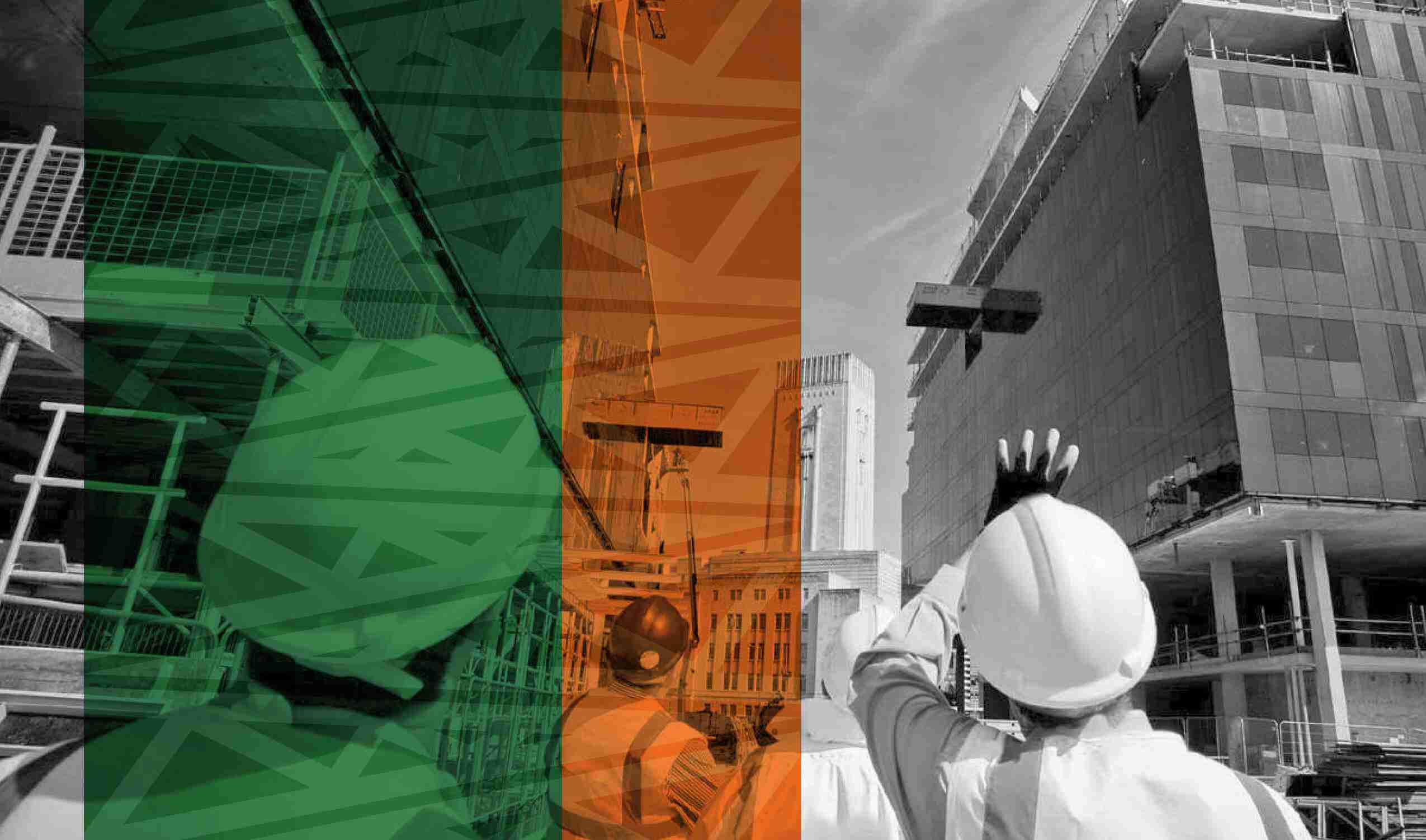
However, distributing and recording all design iterations is complex. The following questions must be monitored to ensure the integrity of the project plans: Who approved these changes? When were they approved? Does this change affect this new third-party entrant? How can I plan out my supply chain and procurement?
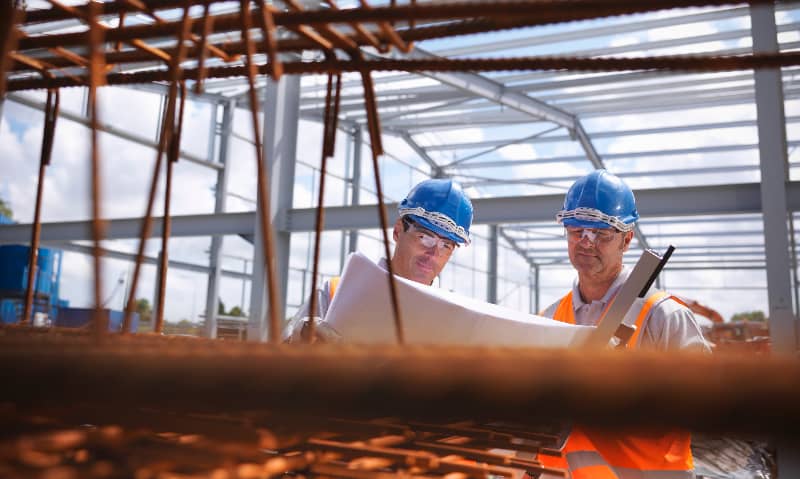
Blockchain offers general contractors the ability to:
- Trace RFIs to specific parties and times
- Ensure all parties have current information
- Protect against the ability to forge approvals or plans
- Reduce time over disagreements arguing timelines, RFIs, approvals, etc.
- Store complete project plans over a network to guard against accidental deletion
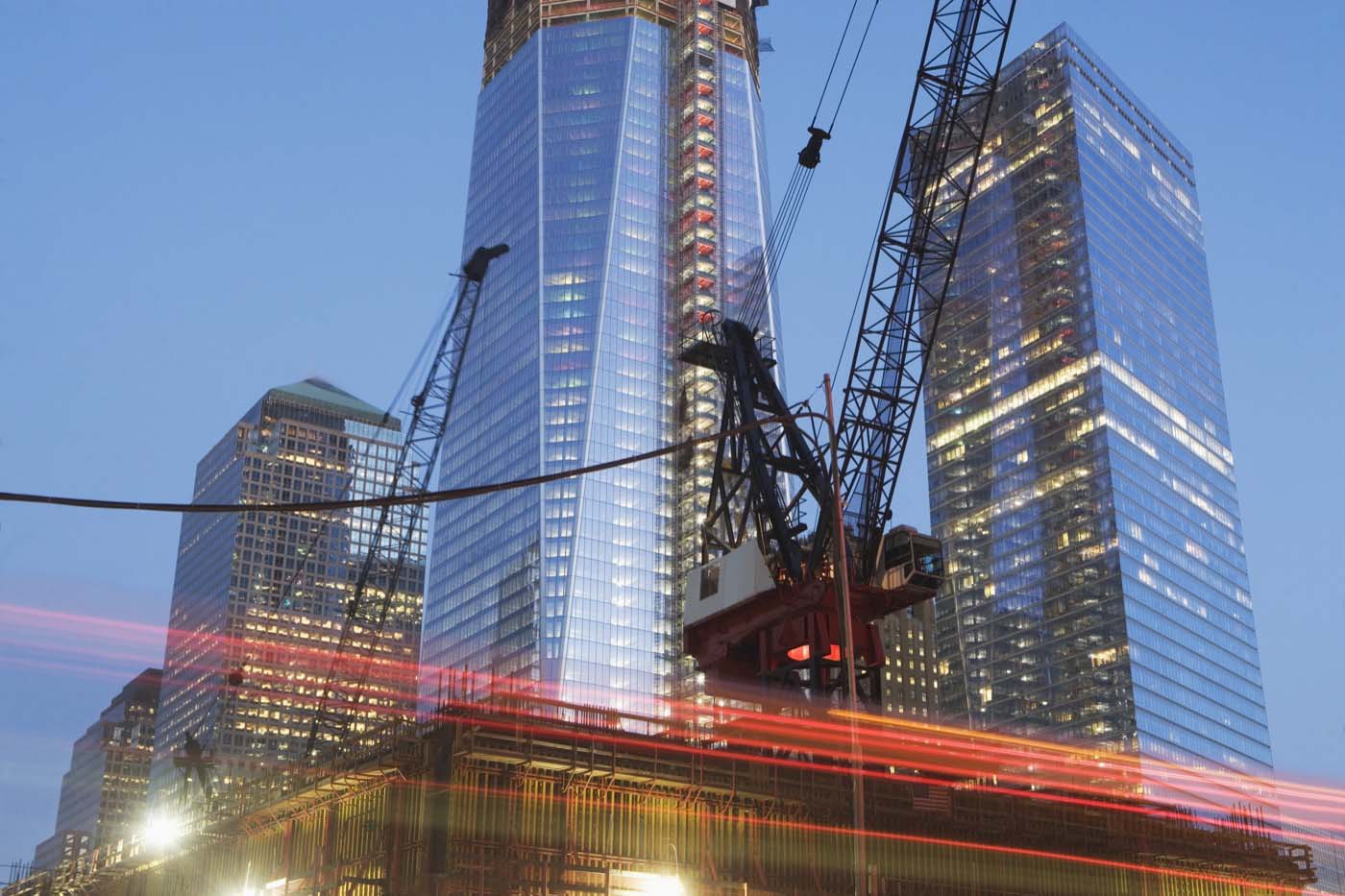
Meet the Moderator
- Rob Salvador, CEO, DigiBuild. DigiBuild streamlines the end-to-end construction journey through blockchain technology, freeing up project teams to manage construction more effectively.
Meet the Experts
- Joshua M. Rogove, President, Consolidated Risk Solutions. CR Solutions specializes in wrap-up administration for large-scale construction projects, offering cost savings and better insurance protection with no gaps.
- Lyndsey Christofer, EVP, Chubb Construction Insurance. Chubb is a global provider of construction insurances utilizing advances in technology to offer more.
- Jerry Horani, CTO, VCC. VCC is a leading general contractor in the US, serving clients whatever they may build.
- Andrew Lindsey, Director of Applied Research, Alpha Corporation. Alpha provides innovative, sustainable solutions for the lifecycle of building projects through the best practices of engineering, technology, and more.

Blockchain Technology to Align All Stakeholders to One Vision
Join us, March 5th at 10 am CT as our panel explores blockchain technology and how companies are using it on current projects.


Discussion
Be the first to leave a comment.
You must be a member of the BuiltWorlds community to join the discussion.